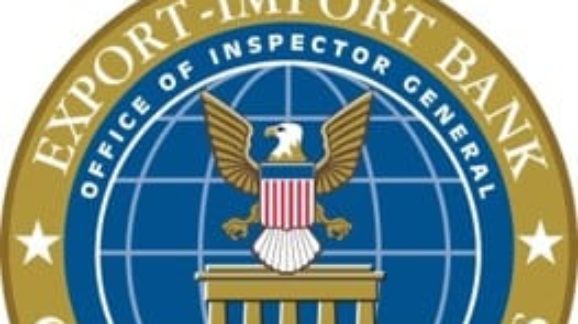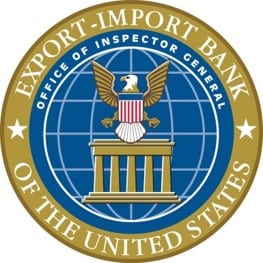Let Private Markets Finance Aircraft Sales

 For years, the Export-Import Bank seemed like a permanent fixture of Washington. But last year’s dispute over renewal of its charter ended that perception, hopefully for good. Now its biggest beneficiary, aircraft maker Boeing, is seeking financing alternatives for some overseas sales. Unfortunately, much of it involves tapping into other countries’ versions of Ex-Im.
For years, the Export-Import Bank seemed like a permanent fixture of Washington. But last year’s dispute over renewal of its charter ended that perception, hopefully for good. Now its biggest beneficiary, aircraft maker Boeing, is seeking financing alternatives for some overseas sales. Unfortunately, much of it involves tapping into other countries’ versions of Ex-Im.
The Wall Street Journal reported recently that Boeing has secured $1.25 billion in guarantees from Italy’s credit export agency, and may pursue similar deals with other countries that are home to Boeing parts suppliers, including Japan and South Korea. Meanwhile, the United Kingdom’s export agency has long backed sales of Boeing planes with Rolls-Royce engines.
Ex-Im supporters might point to other countries’ export credit agencies as supporting evidence that abolishing the bank would amount to “unilateral disarmament” by U.S. aircraft manufacturers in the global market. But as CEI Fellow Ryan Young explains, the “argument that the U.S. should subsidize certain businesses because other countries subsidize some of their businesses is equivalent to saying the U.S. government should stop ripping off its citizens only when foreign governments stop ripping off their own citizens.”
National export agencies trying to outbid each other is not so much competition as a race to the bottom of the subsidy barrel.
And Boeing doesn’t even need it. As Washington Examiner columnist—and former CEI Warren Brookes Fellow—Tim Carney notes, there is plenty of financing available for aircraft sales, and most don’t come from government.
The bottom line is that there is no good reason to keep Ex-Im—or its international brethren—around. And there are many good reasons to abolish it, which CEI Fellow Ryan Young lays out in “Ten Reasons to Abolish the Export-Import Bank.” As he notes:
For most of its history, the Export-Import Bank has directed most of its benefits to a handful of large, politically connected firms. In other words, its main function is to dispense corporate welfare. With more $37 billion in business in 2013 and a total portfolio near its statutory limit of $140 billion, Ex-Im is one of the federal government’s largest corporate welfare programs.
The full paper is available here.